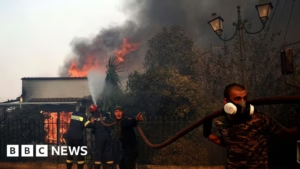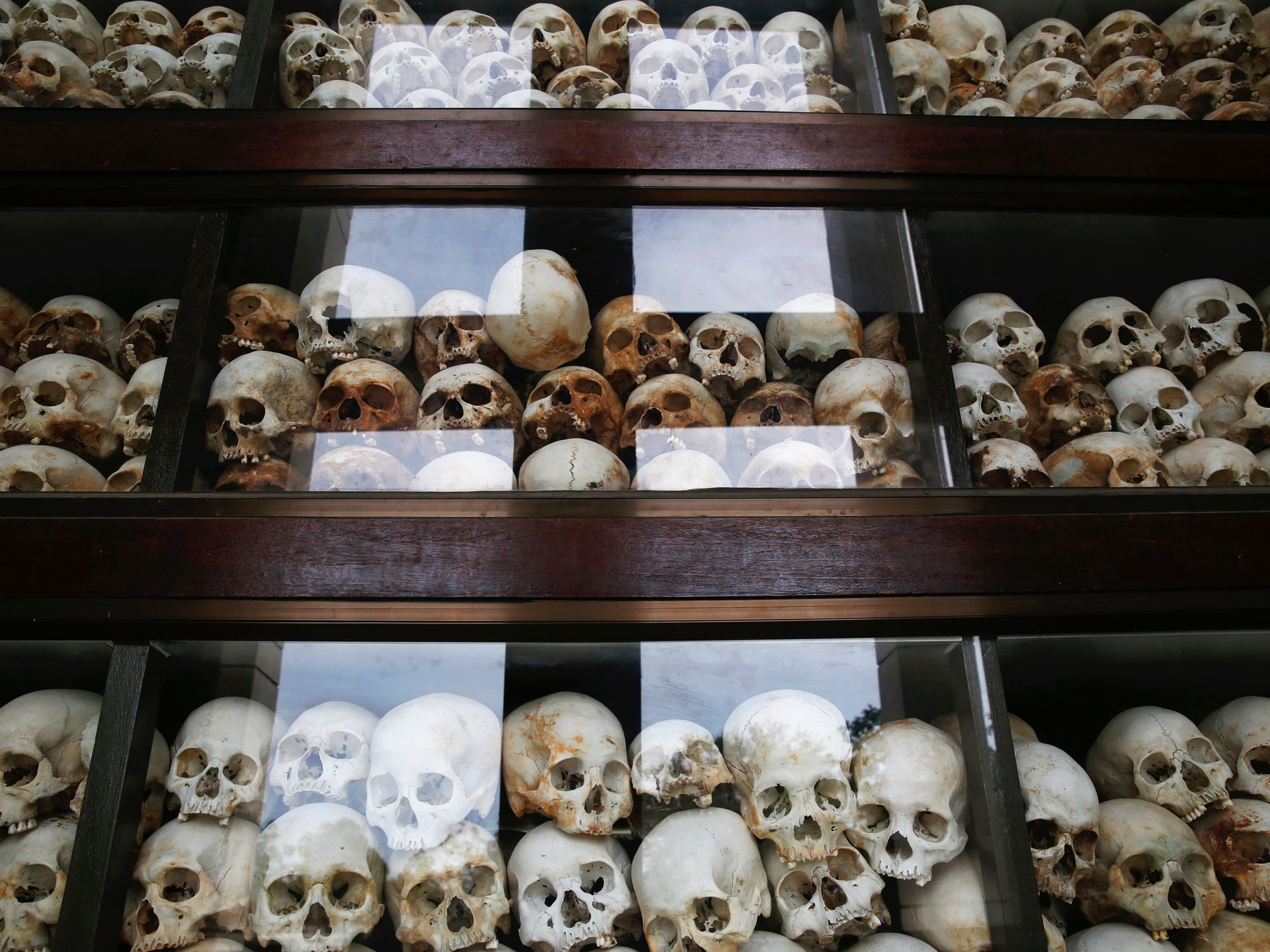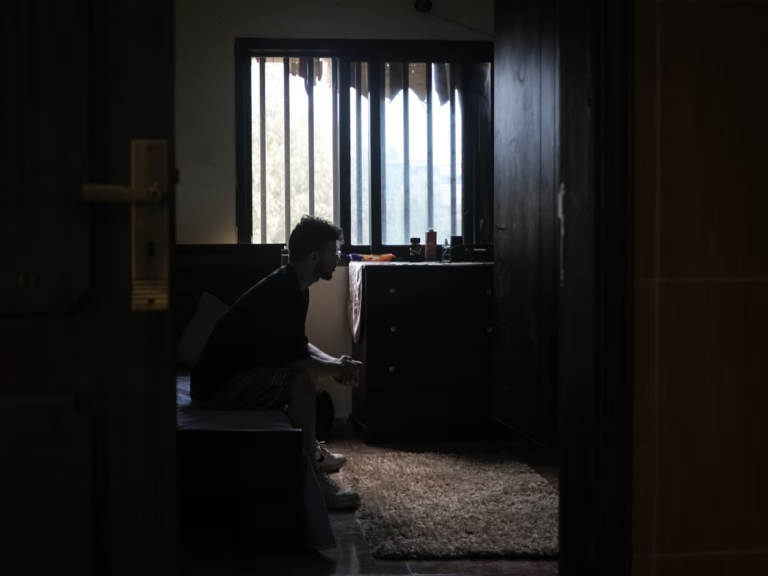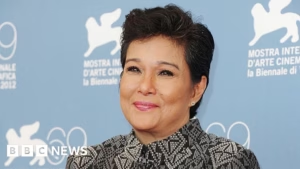Half a century after the Khmer Rouge army captured Phnom Penh, the memory of what transpired on April 17, 1975 continues to cast a dark shadow over Cambodia and its political structures. The fallout from the brutal regime, established by Pol Pot’s radical peasant movement after ousting the US-backed government of General Lon Nol, has left a legacy that embeds itself into the country’s DNA.
Emerging amid the tumult of the Vietnam War, the Khmer Rouge successfully overran the Cambodian capital, precipitating a forced exodus of over two million city dwellers into the rural landscape. They embarked on an ambitious project to reset Cambodia, sculpting it into an agrarian utopia devoid of class. Within four years, around 1.5 to 3 million lives were lost—an estimated 25 percent of the population—due to executions, forced labor, starvation, and disease.
In late 1978, the tide turned when Vietnam invaded, culminating in the Khmer Rouge regime being dismantled on January 7, 1979. This pivotal moment is often used as a benchmark, with many forgetting the years that bridged the end of the Khmer Rouge era and the inception of the UN-backed war crimes tribunal in Phnom Penh.
Despite these significant historical events, many ordinary Cambodians still see the 1975 overthrow and the subsequent toppling of the Khmer Rouge as an integral part of their political reality today. This legacy is invoked by the Cambodian People’s Party (CPP) to legitimize its rule, with its leaders emphasizing their role in ridding the country from the clutches of the Khmer Rouge. The party maintains its grip on power by presenting itself as the nation’s protector and architect of stability.
Cambodians have become accustomed to the CPP’s rule, valuing the peace and economic stability they provide more than the potential costs of democracy. This quid pro quo has meant that governance is largely left to the CPP, a situation that mirrors other authoritarian governments.
The brutal period of Khmer Rouge rule serves as a foundation for the CPP’s narrative about the evolution of Cambodia’s political landscape. Modern-day peacefulness and economic progress are juxtaposed against the horrors of the Khmer Rouge, a contrast that strengthens the CPP’s position within the country.
Some believe that this reliance on historical trauma to bolster the current government’s rule may have outlived its usefulness. With the passage of time, the personal memories and experiences of the Khmer Rouge era are fading, potentially undermining the legitimacy of the CPP’s assertive hold on power. Meanwhile, internal dynamics within the CPP indicate a shift toward “performance-based legitimacy,” and some limited room for protest and dissent on localized issues may be emerging.
Despite this cautious optimism, the political landscape remains tight and controlled, with any opposition facing significant restrictions and challenges. The assassination of a former opposition member outside the country echoes past violent periods, casting doubt on the true nature of peace within Cambodia.
Fifty years on, while there may not be active warfare or genocide, the essence of peace is questioned by ongoing political repression, lack of freedom, and absence of political space for meaningful dissent. Thus, peace, while present on the surface, is still a difficult-to-achieve ideal.
Source: https://www.aljazeera.com/news/2025/4/17/fifty-years-after-fall-of-phnom-penh-history-weighs-on-cambodian-politics?traffic_source=rss









